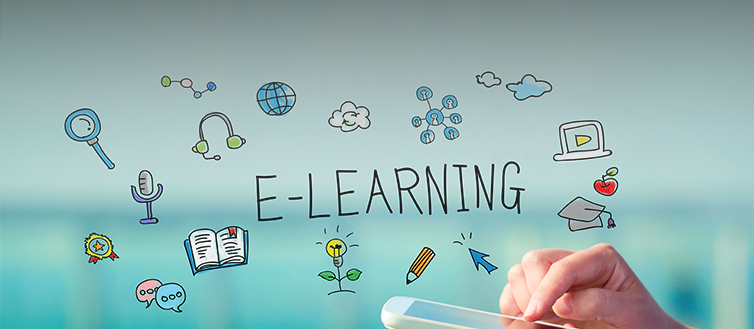Introduction
Mentoring is a supportive form of development which focuses on helping an individual improve their skills, knowledge and behaviour. Mentoring normally involves two parties, the Mentor (the person providing the support) and the Mentee (the person receiving the support). It has a number of benefits and can be a highly effective form of development.
- The Mentor – is normally an experienced advisor and role model, they use the relationship as an opportunity to practice communication skills, reflect on their own practices (through challenge) and increase their understanding of others work.
- The Mentee – uses the Mentor as a sounding board for practical advice and for transfer of knowledge, skills and judgement.
Mentoring has a number of benefits and can be a highly effective form of development but mentors and mentees must both take responsibility for contributing to the mentoring relationship.
To help mentees and mentors have a positive mentoring relationship, this page provides information about the mentoring process and gives support to both the mentors and mentees with developing relevant skills. Each mentoring relationship will be unique, but to be effective, what they must all have in common are mutually agreed objectives.
Mentors
If you are a mentor, or are considering mentoring others, the resources on this page will help to support your mentoring skills and improve on your effective practice.
Mentees
If you are looking for a mentor, start preparing by using the resources on this page, consider your development objectives, and talk to your line manager about how you think you would benefit from mentoring.
Identifying a Mentor
Some departments may have internal lists of mentors, some development programmes will have identified mentors for the programme (such as TLP), and the Staff Networks may be able to help in identifying a mentor.
For those on an Apprenticeship, contact your programme provider about the specific mentoring services they will have available to support you.
